While the Vienna talks have been slow due to US reluctance to make a political decision on the remaining issues that are declared by Iran as red lines, and Western officials and the media are trying to show that Russia's demands on the US that its sanctions not affect its relations with Tehran are to blame for the slow pace of the Vienna talks, a note published on Nournews said.
Sergey Lavrov said a few days ago on Friday that Russia demands a written guarantee from the US that its cooperation with Iran won’t be affected by sanctions imposed after the operation in Ukraine started.
The Russian demanded guarantees were taken in two different ways by media and political commentators: Some claimed that the slow pace of the Vienna talks, which are at their final stage is because Russia has recently gone under sanctions and now is putting obstacles in the way of the talks.
This is while some other media and analysts interpreted the demanded guarantees as Russia's seriousness in the Vienna talks and a guarantee that Iran would benefit from a possible agreement.
US Secretary of State Anthony Blinken reacted to Russia's request by saying that the new sanctions imposed on Russia have nothing to do with the JCPOA.
Meanwhile, top Iranian security official the SNSC secretary Rear Admiral Ali Shamkhani said in this regard that "The only factor influencing our interaction with the P4 + 1 countries is securing the long-term interests of the Iranian people."
In response to Lavrov's guarantees, Iranian Foreign Ministry spokesman Saeed Khatibzadeh said on Monday that Tehran has asked for clarification from Moscow over Lavrov's remarks.
Moreover, the Iranian Foreign Minister Hossein Amir-Abdollahian told a meeting with the lawmakers on Monday that "We will not allow any external factor to affect our national interests in the Vienna talks."
Furthermore, the Russian ambassador to Tehran Levan Dzhagaryan said on Monday that there has been "a misunderstanding" on his country's foreign minister's remarks on the need for the US to give Moscow written guarantees on its relations with Tehran.
Also, according to a statement by the Russian Foreign Ministry on Monday, the Russian Foreign Minister told his Iranian counterpart in a phone call on Monday evening that "the resuscitation of the JCPOA should ensure that all its participants have equal rights regarding the unhindered development of cooperation in all areas."
All these developments have taken place over the past few days, while the talks in Vienna are still waiting for the American political decision to remove the anti-Iran sanctions to reach a conclusion, this is while the Americans and the Western powers are trying to present Russia's requests from the US as an obstacle to concluding an agreement in Vienna with adopting an escape forward approach.
Meanwhile, the top Iranian negotiator in Vienna talks came back to Tehran last night on a short visit within the framework of the ordinary consultations during the negotiations.
After Bagheri Kani departed for Tehran, the coordinator of the Vienna Vienna talks EU representative Enrique Mora said on Monday night that time has arrived for a political decision to end the Vienna talks. Apparently, he meant US' political decision.
All in all, one has to wait and see until the next few days that the talks have faced "Russia's requests" or "America's obstacles."
Translated by Kamal Iranidoost


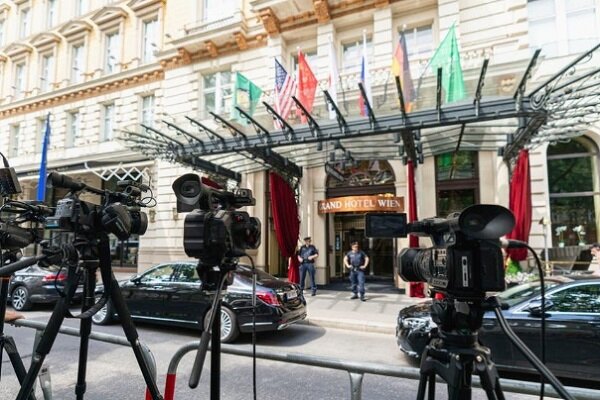
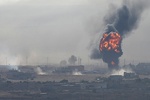
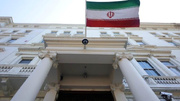
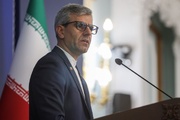
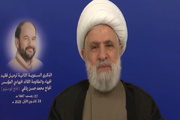
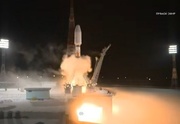
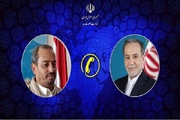
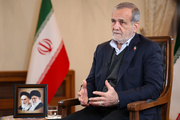
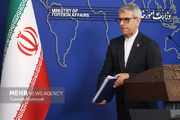







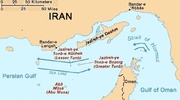







Your Comment